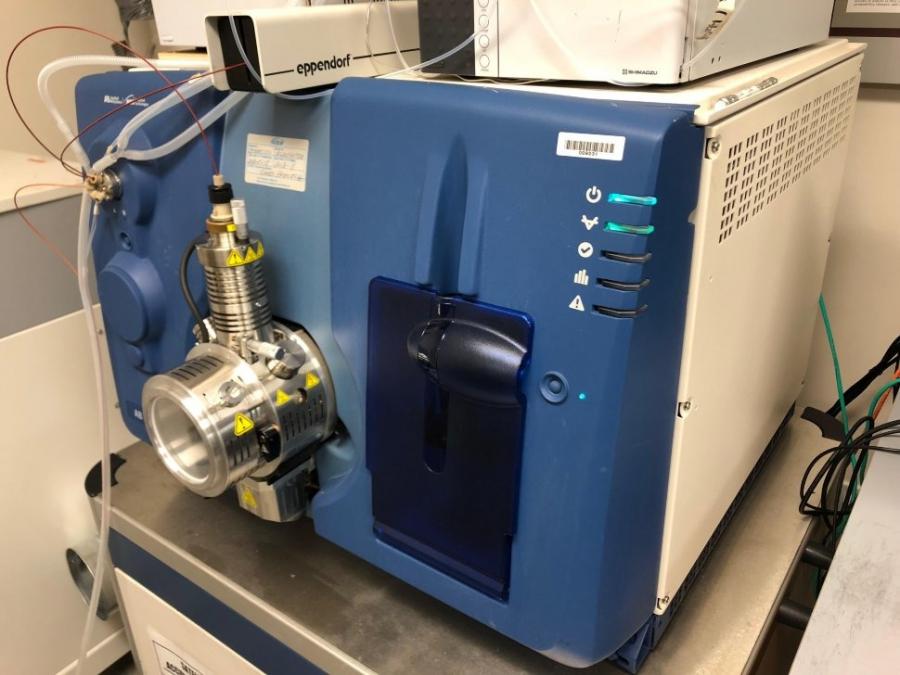A project of the creation of a domestic tandem mass spectrometer has been launched in MEPhI as part of the state program for the development of scientific instrumentation. To implement this project, the University creates the Applied Ion Physics and Mass Spectrometry (as a joint laboratory of Institute for Laser and Plasma Technologies (LaPlas) and Institute of Nanoengineering in Electronics, Spintronics and Photonics (NESPI) of the MEPhI). Professor Alexei Sysoev was appointed head of the new laboratory.

The mass spectrometers are the most informative devices that can determine the chemical composition of liquid and gaseous substances. According to Alexei Sysoev, the Department of Molecular Physics of the MEPhI has a significant experience in the development of such devices. However, if earlier it was about creating devices for export, today the question is primarily to meet the Russian needs for chemical analysis.
Mass spectrometers are used in various fields, in particular, they are of great importance for ensuring food security and medicine. All tandem mass spectrometers used in Russia are imported, in the world such devices are produced exclusively by American and Japanese companies. Anti-Russian sanctions exclude the purchase of both new devices and spare parts for them, which makes the creation of domestic devices sharply relevant.
The working layout of the domestic tandem mass spectrometer in MEPhI is in the assembly process. It is planned that in 2024 a prototype of the device will be created, and in 2025 the installation series will be released. The probable manufacturer of the series is the industrial partner of the MEPhI, a participant of the Skolkovo project, Medchromteh company.
The Russian need for tandem mass spectrometers, according to Alexei Sysoev, is about 50 devices per year, and about 30 devices could be sent for export.
The desire to participate in the project of creating domestic mass spectrometer together with MEPhI has currently been expressed by Sechenov University, the Chemical Department of Lomonosov Moscow State University and several institutes of the Russian Academy of Sciences. Partners, in particular, are ready to take on the development of chemical analysis techniques and arguments of the new device.
Students and graduate students of MEPhI will be involved in the new laboratory.





